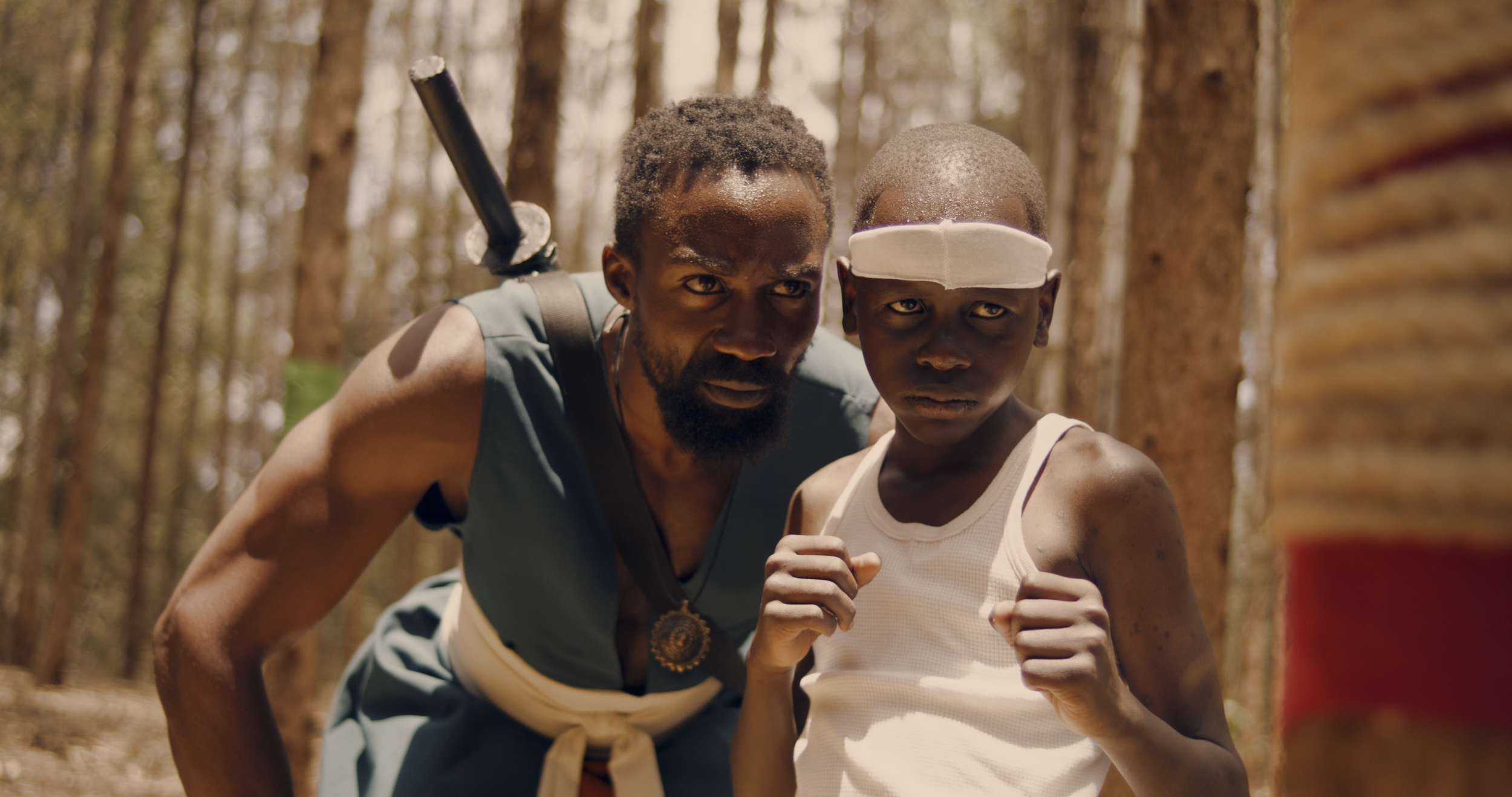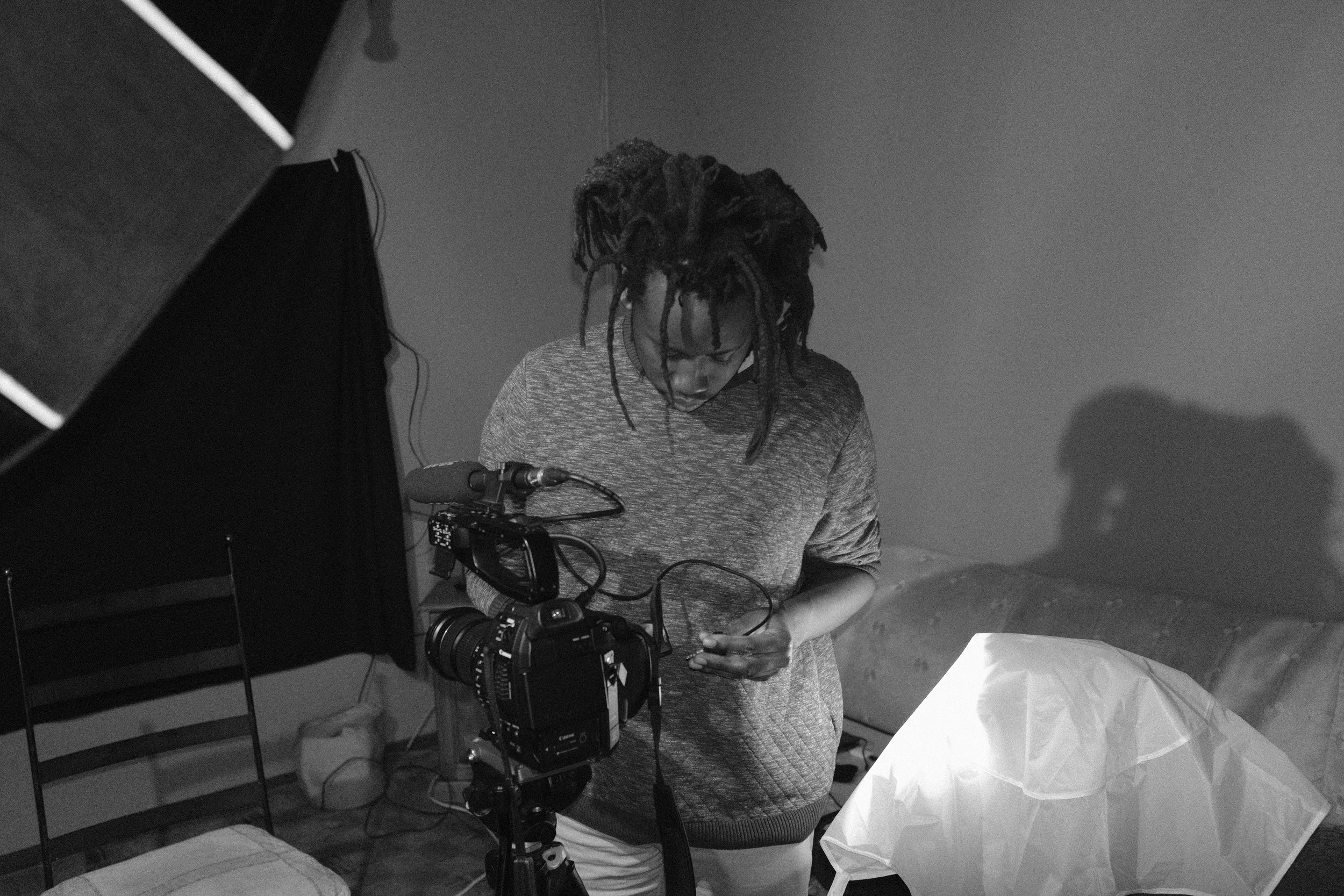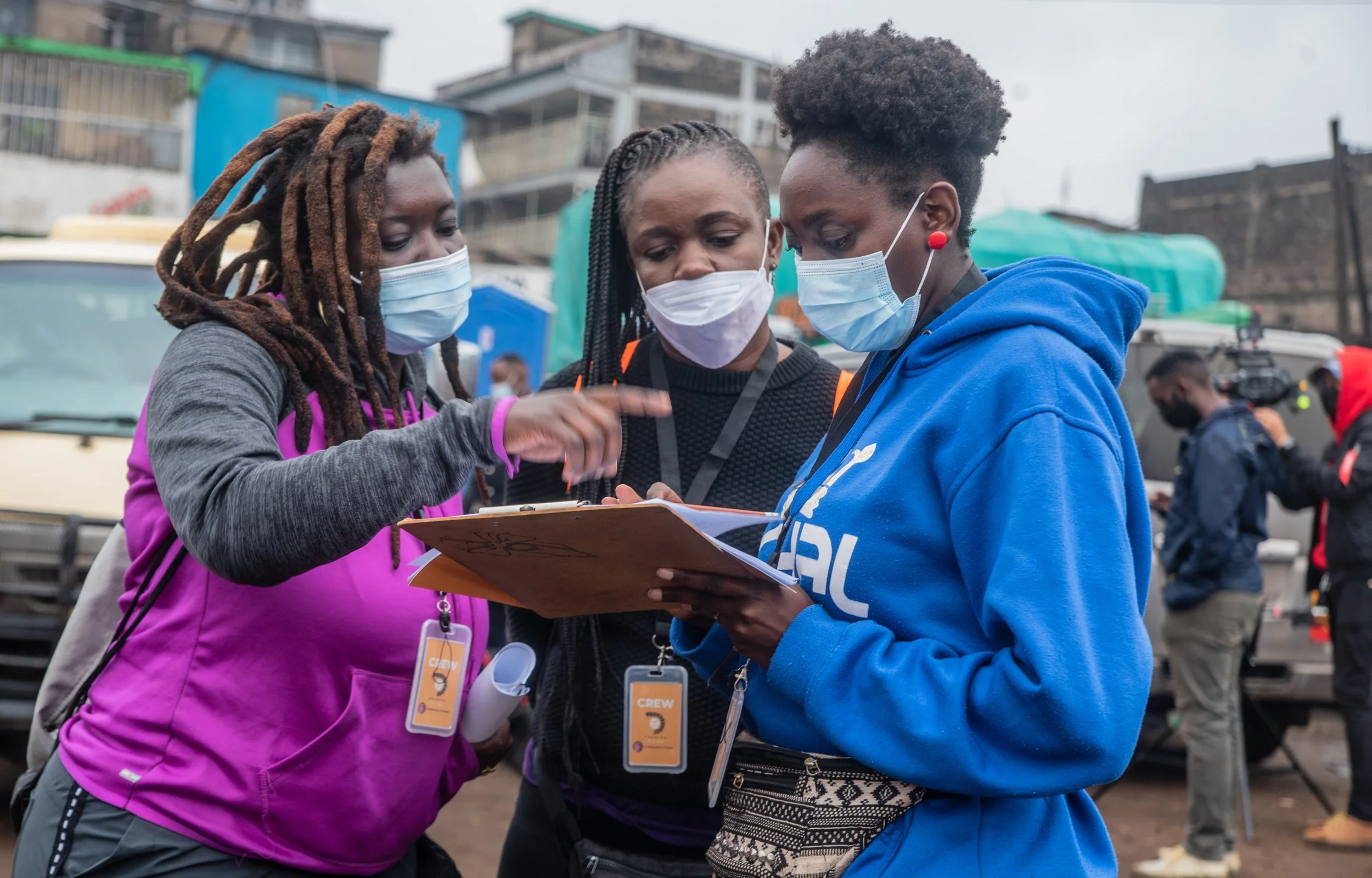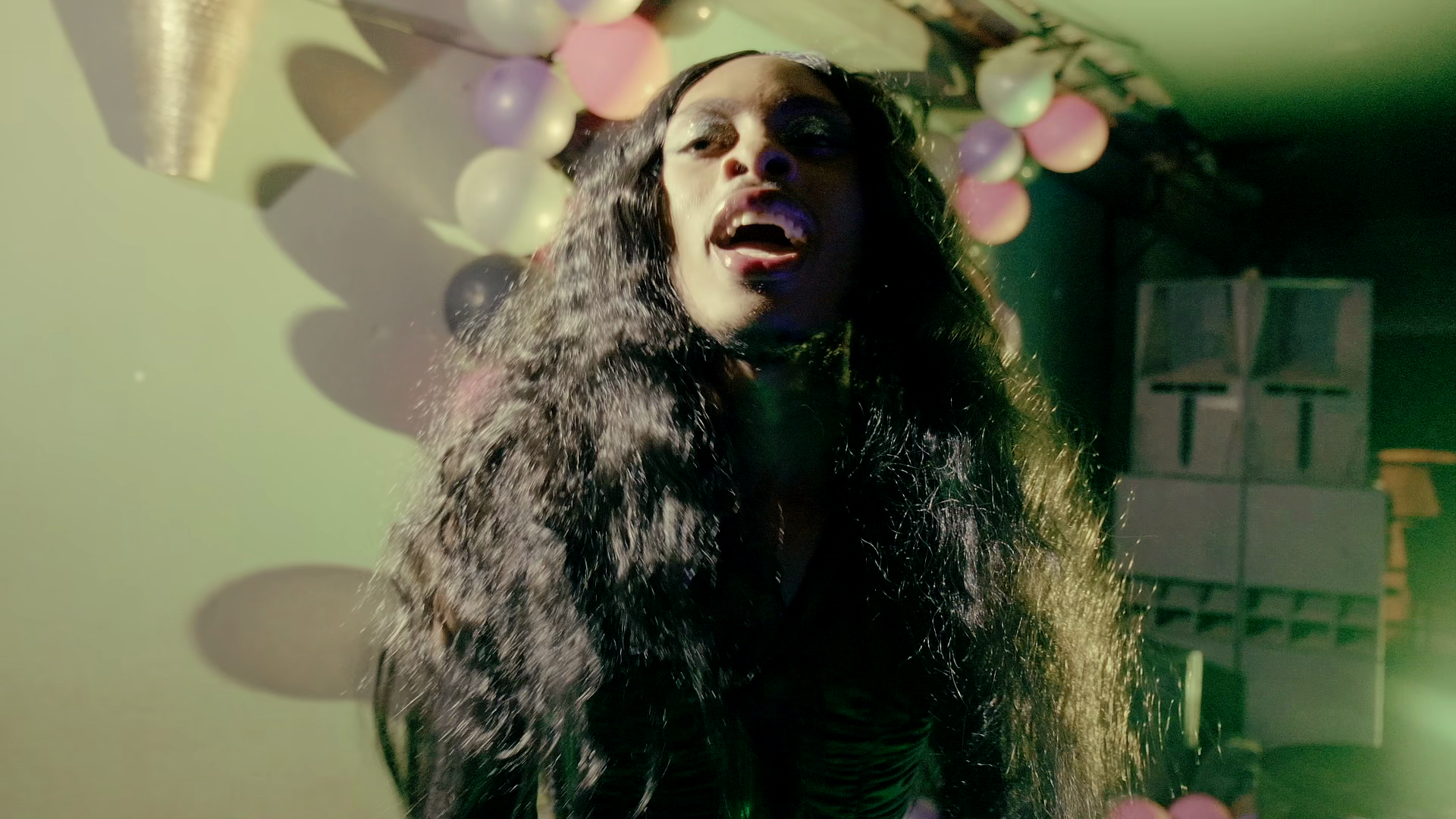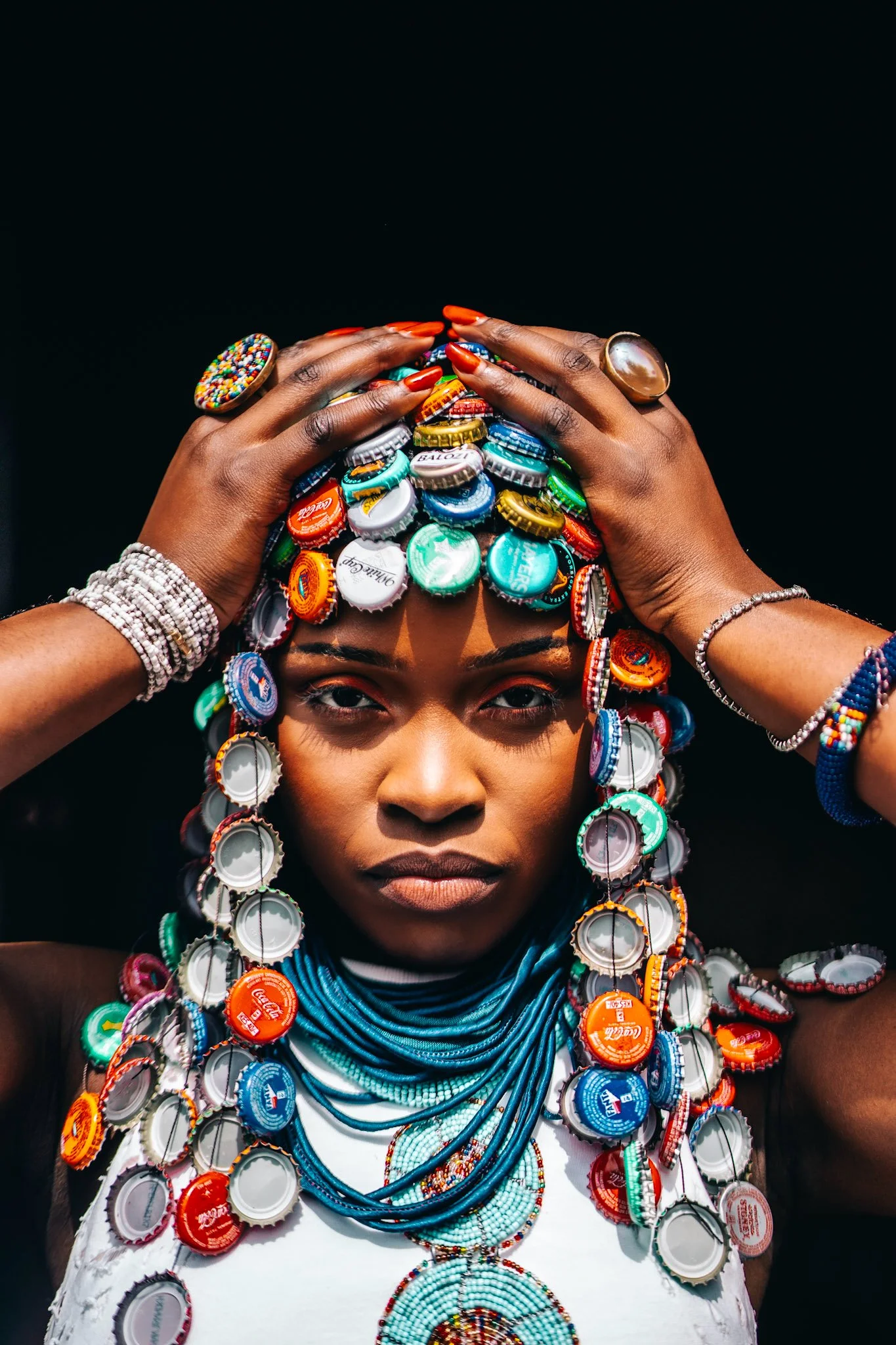“Lights, Camera, Action!”: Get to Know 5 of Kenya’s Fascinating Filmmakers
The world of African cinema is largely underdeveloped. Lack of funding, minimal education opportunities and a general mistrust of artistic careers, often keeps aspiring filmmakers on the continent from achieving their goals and dreams at the scale they’d desire. However despite the challenges of previous decades, across the continent we have begun to see a boom in content and films produced by us, for us. While the money making, commercialist ethos behind an increase in funding for the film industry might possibly be misguided, this does offer a more robust support system to the artists, who have been pushing to make meaningful art for years without any of the big bucks.
We had the chance to chat with 5 filmmakers based here in Nairobi, Kenya who, each propelled by their love for cinema and art, have been making films and visual projects that have inspired many. With each in varying stages of their film career, we gained an understanding of the scope of what it really looks like trying to make movies in a climate that for very long, was working against you.
Tevin Kimathi
Still from Stero
Inspired by life, and excited by film, Tevin Kimathi is a director with a bold vision. From scripting and directing plays in highschool, to premiering his short film, Stero (2023) at the prestigious International Film Festival Rotterdam, to having 2 feature length films, KIJANI (2022) and AMANDLA (2021) produced for East Africa’s Maisha Magic, this Kenyan filmmaker is a force to be reckoned with.
His first time directing a film found him scared, but ready to take on the challenge. Through the Alliance Francais, Smartphone Film Festival Tevin and 3 of his friends decided they would create a piece for them to submit and be considered. A silent film, starring 3 of the 4 people involved was created with earnesty and enthusiasm. Tevin’s directorial vision and the fervent passion of his friends, inspired what Tevin describes as the purest form of art he has ever made. Their green-ness and lack of technical skill didn’t stop them from ardently working on a piece of art close to their hearts.
Moments of inspiration and the creation of pieces like these, pushed Tevin to go on to make what he is most proud of to date his short films, Wote and Stero. Wote is a film, Tevin co-directed with writer Millan Tarus. Acted fully in Dhuluo and made out of love with a shoestring budget and a dream, Tevin managed to bring this psychological thriller to life. A story that had been dear to his heart for many years. Wote tells a story of grief and pain and highlights the ways our languages and taking them away from us have been used as tools for oppression. Wote was the precursor for his 2023 short film Stero, also written by Millan Tarus. Tevin speaks of directing Stero with softness and care. This film tells the story of a 9 year old boy, navigating his way through a singular day, asking himself the question, “What would Bruce Lee Do?”. A story about bravery, and bearing life’s challenges with courage, Stero is a beautifully moving piece that speaks to Tevin’s creativity as a director. Ready to explore new ideas for the sake of creativity, this director’s work is a beautiful sight to behold.
Orpah Thabiti
Orpah Thabiti found film when everyone in the world had to shut themselves inside during the Covid-19 pandemic. Like many on this list, working with visual media in this way wasn’t her original passion. Enticed by a desire to research and report, Thabiti wanted to be a journalist. A harrowing experience in her last year of highschool in which a newspaper journalist twisted the story of a strike she orchestrated against her abusive Vice Principal highlighted to Thabiti the ways in which mainstream media was violent and lacked the trust and sureness she had always thought was a principal. Thabiti wanted to take control of her own narratives. She wanted to be in charge of the stories she was telling without the limit of other people’s imaginations.
Joining USIU (United States International University) in 2020, gave Thabiti the opportunity to study film. Through projects and discourse she found a home for her art in a way she had never had the chance to before. She was able to connect with her roots the true essence of what it meant to be African. Storytelling through film has proved to be a vital way for the young artist to connect to herself and process her feelings, seeing her inspirations come to life.
Her most recent film and 3rd biggest project to date Tatu, focuses on the story of a young woman who’s village water well is controlled by a selfish man, keeping anyone he deems unfit from drawing from the well. Thabiti made this film under the encouragement of fellow Nairobi creative, Nabalayo. Who commissioned her to make this film as an accompaniment to her album, “HER GARDEN”. Thabitee was excited to execute and flex her growing directorial muscle on a project that was helping her friend and telling such an interesting story. And a story that related to her own life as well. The film speaks to the nature of self-actualisation. How long do we allow others to control our water? When do we get to draw for ourselves?
Ochieng Oneko
From as early as he could remember, this Kenyan director and filmmaker knew he wanted to make films. On an early vision board at age 7 Ochieng Oneko noted down his dream of being an actor, at age 9 he wrote his first script and finally decided directing as his main path at age 11, this young filmmaker has had his eye on the prize for the last 2 decades. On one of his many rewatches of the 2008 film, The Dark Knight, directed by Christopher Nolan a flip switched. He describes the moment as feeling the images stick to him. He became engrossed in all things movies, voraciously reading and watching anything that could get him closer to understanding this powerful visual medium.
His journey eventually took him to film schools in Norway and France. These places allowed him to fully immerse his young mind in the world of movies and movie history. This time was instrumental in defining Ocheing’s relationship to his work as well as his life. Living as a black man in Europe definitely influenced his ideas and beliefs as far as the stories he wanted to tell. Consuming the art and stories of westerners showcased to him how greatly he did not want to tell those stories. His first short film, Not Yet Uhuru (2021) was largely born out of those feelings. This film follows the journey of a young Kenyan man in Paris. Who’s relationship to his own identity and the relationship to his home is confronted when he meets a homeless man on the street. This man is from his country and challenges his ideas of solidarity and identity. His two short films, Not Yet Uhuru (2021) and Seems Like Old Times (2022), while vastly different in terms of theme, do well to showcase the complexity of human nature. From a drama focused on race and identity, to a romance highlighting the pain of a break-up, Ochieng cannot stay stagnant.
His next film is a feature documentary. This story unearths the never published letters of his late grandfather, political activist, Achieng Oneko. This film sees a young Ochieng conversing with his grandfather, breaking down his relationship with his time in Paris and the life he’s built since he’s been back home. Keep a lookout.
Oprah Oyugi
Still from supastaz shoot
Oprah Oyugi, is a screenwriter and filmmaker with a passion for telling compelling stories. Stories that reflect our lives and stories that entertain us in difficult times. Oprah always knew she was a storyteller. The young creative excelled in her school days, garnering high praise for her compositions and writing. Her first real challenge came after highschool when she joined an animation course. This course showed her the true power of film. It drew her into the psychology behind film. The ability to convince people to see what they hadn’t before, or to think in a way they hadn’t considered. She realised just how powerful and even dangerous the tool could be.
After a year of following her parents direction, and studying Mathematics and Computer Science, Oprah took her life into her own hands and decided to dive into the world of TV and film. She moved to New Zealand and over the next couple of years honed her craft as a screenwriter and director, with a focus on creative writing. Oprah describes the experience as liberating. Getting to learn what she loved, brought her personal growth and put a fire under her to continue creating.
Since then Oprah has worked on some notable projects within the East African film community. She is credited as a writer on Netflix’s Country Queen and Showmax’s Real Housewives of Nairobi. Her most recent directorial endeavour was a short film by the name of Supastaz. The film came about from Kenya’s Department of Criminal Investigations (DCI) approaching her producer and engaging them on creating a film for education and entertainment. In 2020 at the height of covid, Kenya was experiencing its highest cases of kidnapping, with 8 - 10 children going missing everyday. DCI wanted to speak to children and families about how to keep safe and where to go in case they got into trouble. Through the film we follow several young Kenyans as they compete in a dance competition, each child becoming aware of the dangers that exist around them and teaching each other how to stay safe. This film was a representation and Oprah’s interpretation of how best to combine real stories and make them interesting and educative. She relied on her passion for compelling stories and was inspired by real people to make art with meaning.
Njoroge Muthoni
Still from How To Live
After completing an assignment in university in which he had to watch and report on the 1941 film Citizen Kane, Njoroge Muthoni fell in love with movies. Always interested in the medium and fascinated by the artform, Njoroge was more interested in acting and putting on plays. So much so in his first year of university he put on a full length play by himself, writing, casting and directing it on his own. This process inspired him so much, he wanted to see how far he could take his story. Good Kid Madden City was the name of the play that he eventually turned into his first short film. The short which was acted all in Swahili and the local informal language of Sheng was the beginning of Njoroge’s journey into cinema.
Inspired by the likes of Ingman Bergman, Guillermo Del Toro, and local directors, Jim Chuchi and Mbithi Masia Njoroge’s work speaks to the realities of living. The idea that film can represent the story of the everyday person, that it showcases their experiences, highlighting the parts that connect us is the underlying ethos behind Njoroge’s work.
His most recent project, How To Live a queer documentary, focused on the daily lives of queer folk living in Nairobi. He asks questions, investigating the “How” of queer life in Kenya. How do queer folk navigate queer spaces? How do queer folk live authentically? How do queer folk foster community? Njoroge Muthoni is a thoughtful individual and this reflects in his art. His work is an appreciation and celebration of real life.


